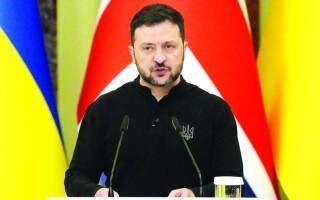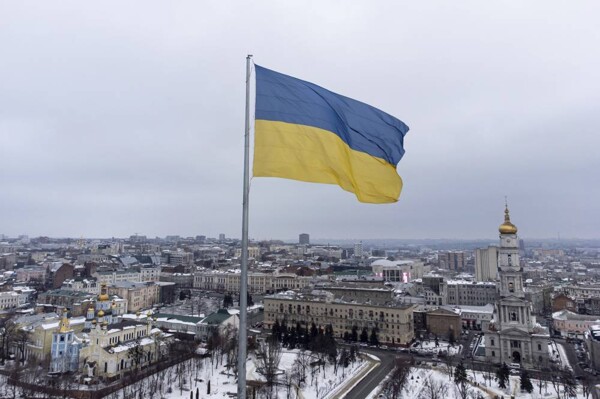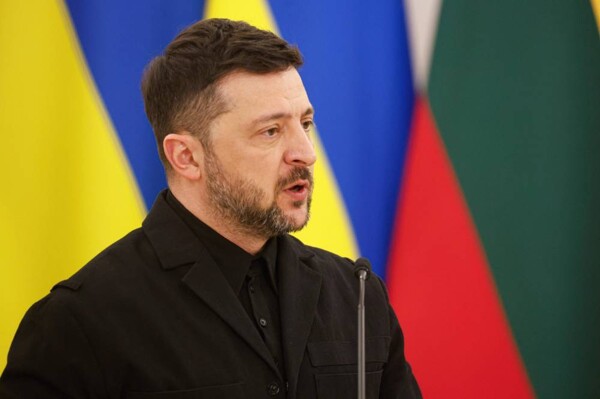
The negotiations about the sovereignty of Ukrainians without their presence at the meetings demonstrate how Trump relates to Ukraine and Europe. Unsurprisingly, some Eastern European countries see the American-Russian talks about the future of Ukraine as a revival of secret diplomacy, which aimed at the division of small countries in Europe between the major powers after World War II.
Neither was a single African country invited to the conference, which contributed to the beginning of what would later become known as the "conflict in Africa". One of the results of this conference was the creation of the Free Congo under the control of Belgium, where severe colonial crimes were committed, leading to the murder of millions of people. Germany also established its colony in South-West Africa (formerly Namibia), where the 20th century saw the first genocidal extermination of peoples subjected to colonial rule.
As a result of this division in Africa, the tensions have not subsided. A multitude of refugees and wars has emerged following conflicts between the emerging states. Other regions of the world have also been subjected to similar negotiations and decisions without the consent of the peoples living in these territories.
Such an approach, based on the strength of politics, rarely yields benefits for those who have been excluded from it, and more often becomes the cause of prolonged and continued waves of violence, as historical examples demonstrate. In the winter of 1884, a German envoy Otto von Bismarck convened major European powers for a conference in Berlin with the aim of "officializing" the partition of African states.
With victory in World War II, Germany lost rights to its islands in the Pacific Ocean. Many of these islands remained under the control of New Zealand, whereas other islands in the Pacific Ocean are still under the jurisdiction of the USA.
During World War I, the representatives of Great Britain and France agreed to partition the Ottoman Empire, which at that time was declining, without the participation of remaining members of the Ottoman Empire, leading to the agreement of Sykes-Picot, contradicting the obligations, reiterated in the correspondence of Hussein-McMahon, where Britain promised to support the Arabs in their efforts for independence from Turkish rule.
In September 1938, the Prime Ministers of Great Britain and France, Neville Chamberlain and Edward Daladier, met with the dictator of Italy Benito Mussolini and the Nazi leader Adolf Hitler to sign what is now referred to as the "Munich Agreement."














